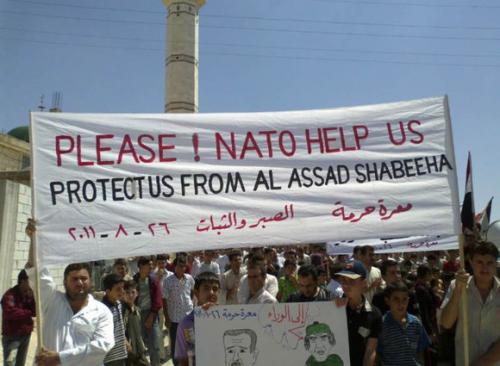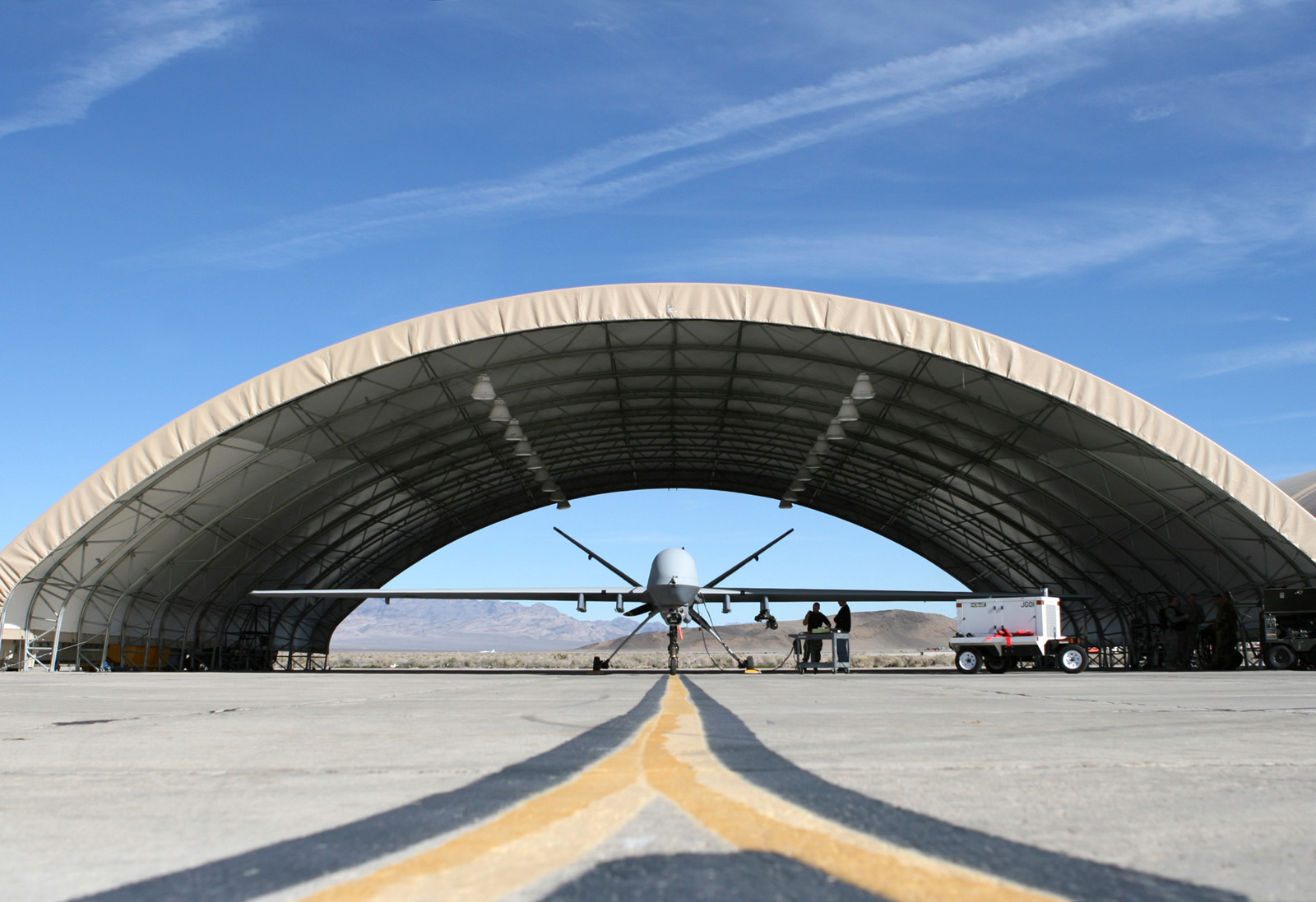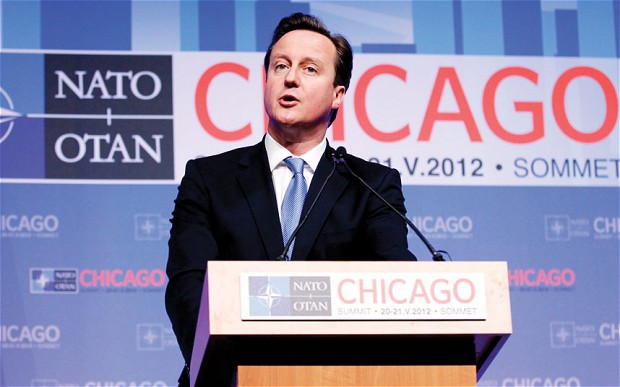As the bloodshed continues to rise in Syria, the U.S. and NATO continue to deliberate on getting involved militarily. Aaron Willschick argues that a more balanced NATO is desperately needed to help even out the burden.
With the conflict in Syria showing no signs of improving, the United States has begun to consider military action to help put an end to the over two year old civil war. The nation’s top military officer Army Gen. Martin Dempsey told a Senate Panel last Thursday that the Obama administration is deliberating whether to use military force in Syria where nearly 93, 000 people have now been killed. The Joint Chiefs of Staff Chairman outlined five military options for President Obama that would extend beyond the current level of limited action, including establishing a no-fly zone and arming the rebel forces with the weapons they need to combat President Assad’s forces. The use of kinetic strikes, a military term that refers to the use of missiles and bombs, is also under deliberation.
In outlining the five military options, Gen Dempsey also warned that using force in Syria would be “no less than an act of war” and it could cost the U.S. billions of dollars. The Obama administration has so far ruled out military intervention in Syria and some officials have pointed to the U.S.-led invasion of Iraq in 2003 as an example of what can go wrong when the American military becomes involved in Middle East conflicts. Dempsey warned that situations can be made worse by the introduction of military force without first understanding how the country would continue to govern and ensuring that government institutions do not fail. Said Obama’s chief of staff Denis McDonough, “we’ve rushed to war in this region in the past. We’re not going to do it here.”
[captionpix align=”left” theme=”elegant” width=”350″ imgsrc=”http://natoassociation.ca/wp-content/uploads/2013/07/Dempsey.png” captiontext=”Dempsey has stated that use of force in Syria could constitute an act of war.”]
The Syria case is a perfect example of the current state of affairs that the U.S., the West and NATO find themselves in. It helps illustrate the problems inherent with the U.S. and NATO trying to remain outside of conflicts that do not directly affect them. As world leaders in wealth, influence, peace and security, the U.S. and NATO are inevitably drawn into such conflicts due to the fact that they are the only ones capable of helping improve or stabilize such dire situations. The U.S. is often forced into getting involved in regional conflicts as a result of its massive military and defence spending which virtually assures that it is the only country on its own which is able to assist in stabilizing such disasters. It is easy for President Obama to stand at a podium in a speech or press conference and declare that the U.S. will not be getting involved in any additional military conflicts, but when a death toll is reaching nearly 100, 000 from a civil war, remaining on the sidelines becomes a lot more difficult.
What is clear in the Syria case is that the Obama administration must put an end to its “one foot in the door” approach. With rising criticisms over its involvement in Iraq and Afghanistan over the last few years, the U.S. has repeatedly emphasized that it has no plans to get involved in any other crises, yet here it is considering at least some level of military action in Syria. The U.S. must either commit to consistently helping militarily in such cases and deal with the domestic unpopularity of such decisions, or “stick to its guns” and remain on the sidelines.
What is made even clearer by the Syria situation is that a more balanced NATO is desperately needed to help even out the burden so that it does not always fall squarely on the U.S.’s shoulders. NATO as an organization and alliance could have a stabilizing effect on such a humanitarian situation, yet it continues to avoid such entanglements. In mid-July, both Britain and France signaled their opposition to any weapon shipments to the Syrian rebels, rationalizing that they could end up with al-Qaeda militias. Up until June, the two countries were the most supportive of arming the opposition. This is evidence of the inability of NATO to act and think as one, a severe deficiency for such a powerful and influential defense organization. Regardless of excuses such as shrinking defense budgets, NATO must begin to act in a more balanced way and uniformly on major international security matters. It would go a long way to restoring the influence and credibility of the organization while at the same time helping stabilize the current state of peace and security in the world.




